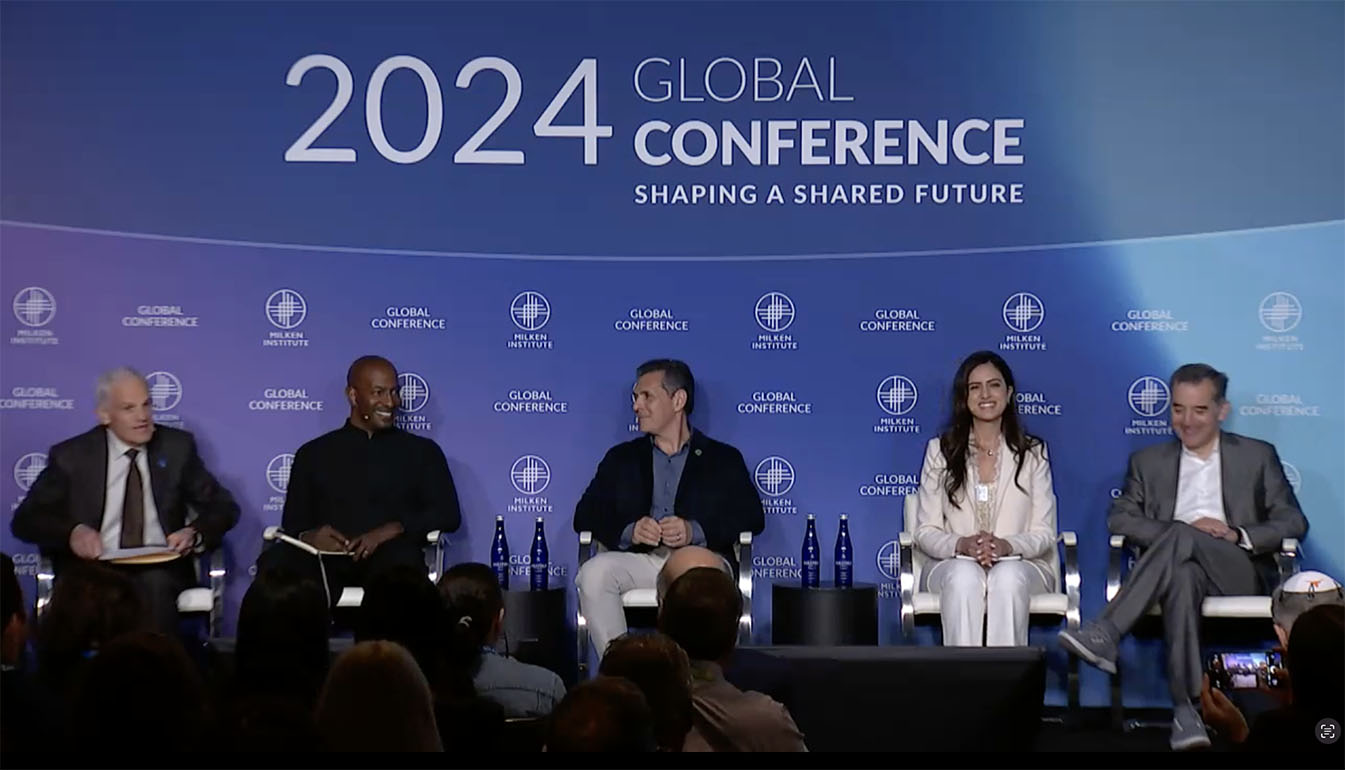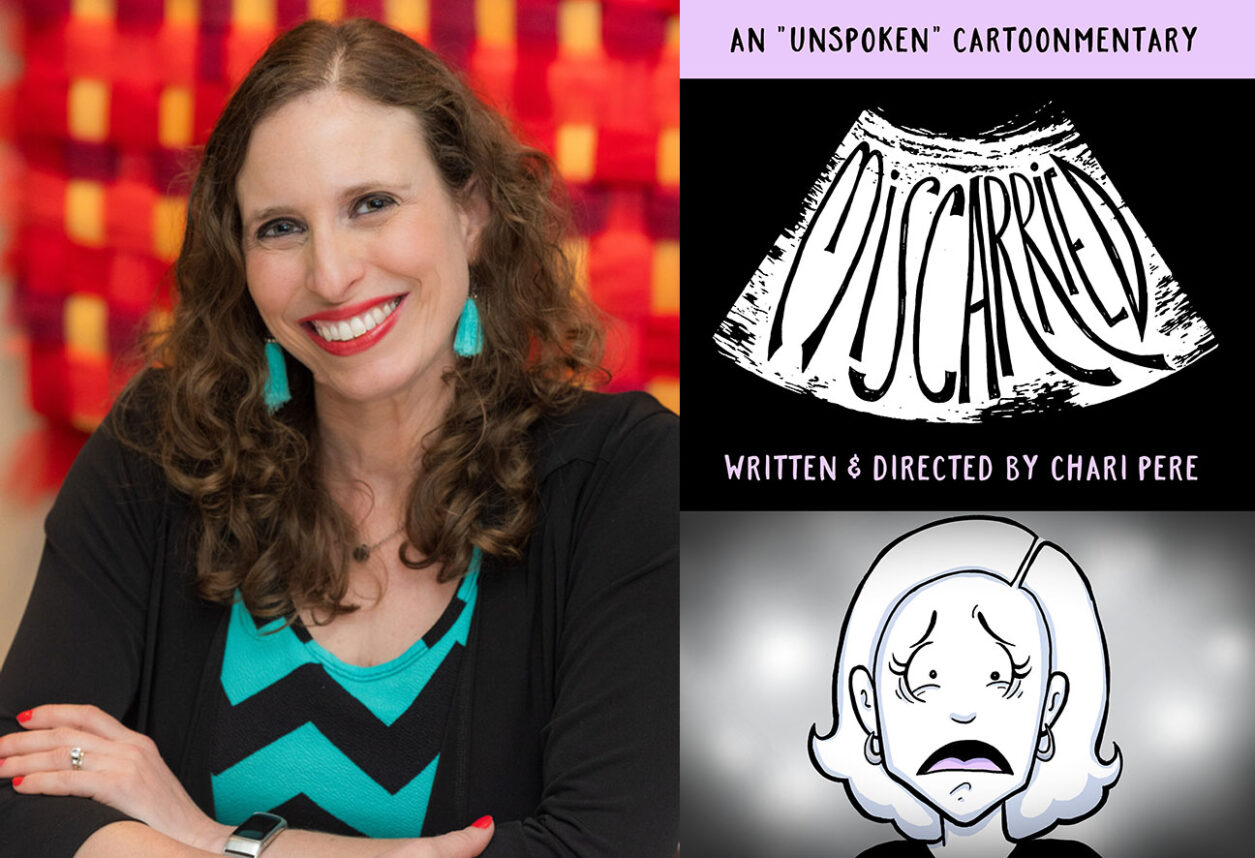Enjoying my last few hours in Jerusalem a few weeks ago, I sat in Zion Square davka – just to spite those terrorists who have tried to drive people like me away from the center of Jerusalem.
Though as each bus passes on Jaffa Street behind me, I think about how it could blow up. I want to fulfill the mitzvah of yishuv ha’aretz (settling the land of Israel), if only for a few puny minutes before my plane departs tomorrow morning, destination Diaspora.
I am not a hero daring to sit on the streets of Jerusalem for a few measly hours – I am in love.
What does it mean to love a country? I purposefully waited to buy new deodorant before leaving the States, though the Speed Stick ran low in my medicine bag. I want toiletries with Hebrew writing. I treasure an intimate souvenir like medicines and gum, a few shekels in my pocket – a keepsake to hold onto, to caress and fiddle with when you get nervous or bored; a tangible reminder under my arms. I have felt like a kid in a candy shop these past 10 days. I love the mundane. I love shopping in the Herzliya Mall for CDs with Hebrew rap music (this is not your parents’ Israel). I love traffic jams as impatient cars lurch forward inches apart. I feel blessed to be honked at.
But sitting in Kikar Tzion, I wonder and doubt and am quietly ashamed and afraid: Does American Jewry love Israel? What kind of love remains? Is it the fiery yet fleeting love of teenagers, or the tested committed love of marriage, of building a life together? Or is there no love at all? Approximately 80 percent of American Jews have never been to Israel. Jews had lacked a nation of their own for 2,500 years, yet most American Jews have not even bought a plane ticket to Israel. In moments of frustration, I despair about how we do not go to Israel while we have money for vacations at Disney World and the beach, for skiing and cruises. Yet how can one bemoan the 80 percent who have never visited when even the 20 percent who have been before are not coming now? How empty are her streets!
A shopkeeper at a once very popular jewelry store on Yoel Solomon Street said I was his first customer in two months from outside Israel. Is this love? Our friend, our lover, our spouse, our family suffers, and we decide to stay away until it is safe? I could forgive an acquaintance for not visiting me in the hospital, but not my brother, my best friend, my lover, my spouse. Israelis feel alone. They are too proud, too strong to tell us, but we have abandoned them.
One could understand that international tourists have been scared away. I could understand if Christians, too, decided to wait for a safer day to visit Israel (though they still come while we do not). Pesach, Shavuot and Sukkot: three pilgrimage festivals when Jews flocked to Jerusalem to celebrate and worship together. But American Jewish pilgrims have been scared away.
In the end, I believe – I must believe – Israel will survive. Her economy teeters, creaking under the weight of a military still too necessary, suffering from isolation from Europe, from Arab neighbors and now us. But Israel is strong – stronger militarily and economically than all of her neighbors put together, even in tough times. As I write this, what worries me is not Israel’s military or economic advantage, but the fate of her soul and ours. Will our relationship survive the intifada? Can Israel forgive us for failing to be there in a moment of need? Can we rebuild her trust in us? Will American Jewry’s professions of love for Israel ever be taken seriously again, or when good times return (God willing soon), will Israelis hear our words of commitment for what they now seem to be – fleeting?
Rabbi Daniel Greyber is the executive director of Camp Ramah in California and was ordained last spring by the Ziegler School of Rabbinic Studies at the University of Judaism. He lives in Los Angeles with his wife, Jennifer; and sons, Alon and Benjamin.





















 More news and opinions than at a Shabbat dinner, right in your inbox.
More news and opinions than at a Shabbat dinner, right in your inbox.